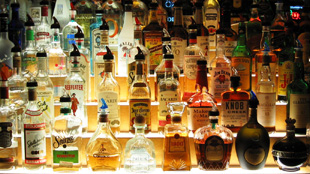 STOCK.XCHNG, JSANDERS
STOCK.XCHNG, JSANDERS
The fifth edition of the Diagnostic and Statistical Manual of Mental Disorders (DSM-5)—slated to be published in 2013—has been causing a stir in the psychiatric community over the proposed revisions to the previous edition. Now, that controversy continues with a new debate on how to diagnose alcohol and other substance use disorders.
Under the current DSM-IV guidelines, different criteria are used to determine whether a person has an alcohol dependence or an alcohol abuse problem. Under the new guidelines, however, the separate categories have been melded into a single "alcohol use disorder" diagnosis, which requires a person to meet two criteria out of a list of 11.
"Our goal was to try to make the criteria easier for the usual clinician to use, and so ...



















